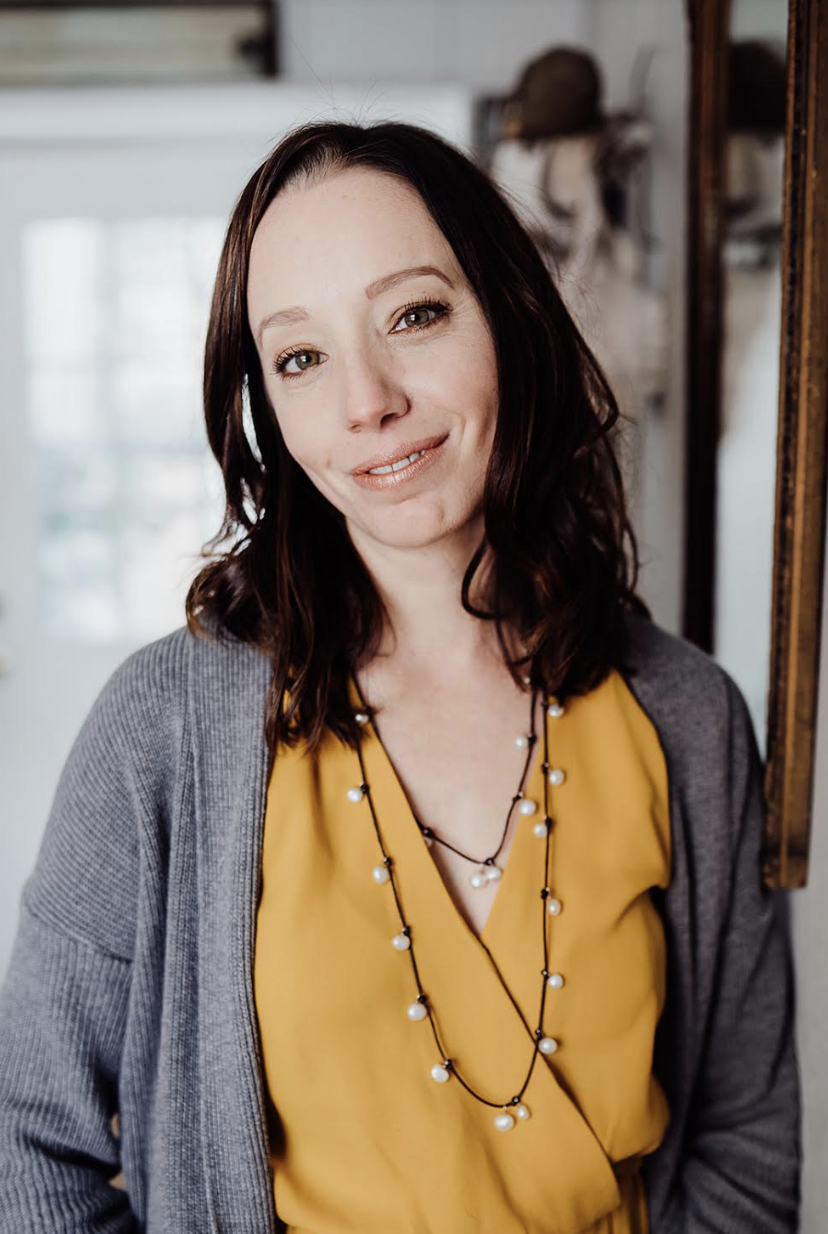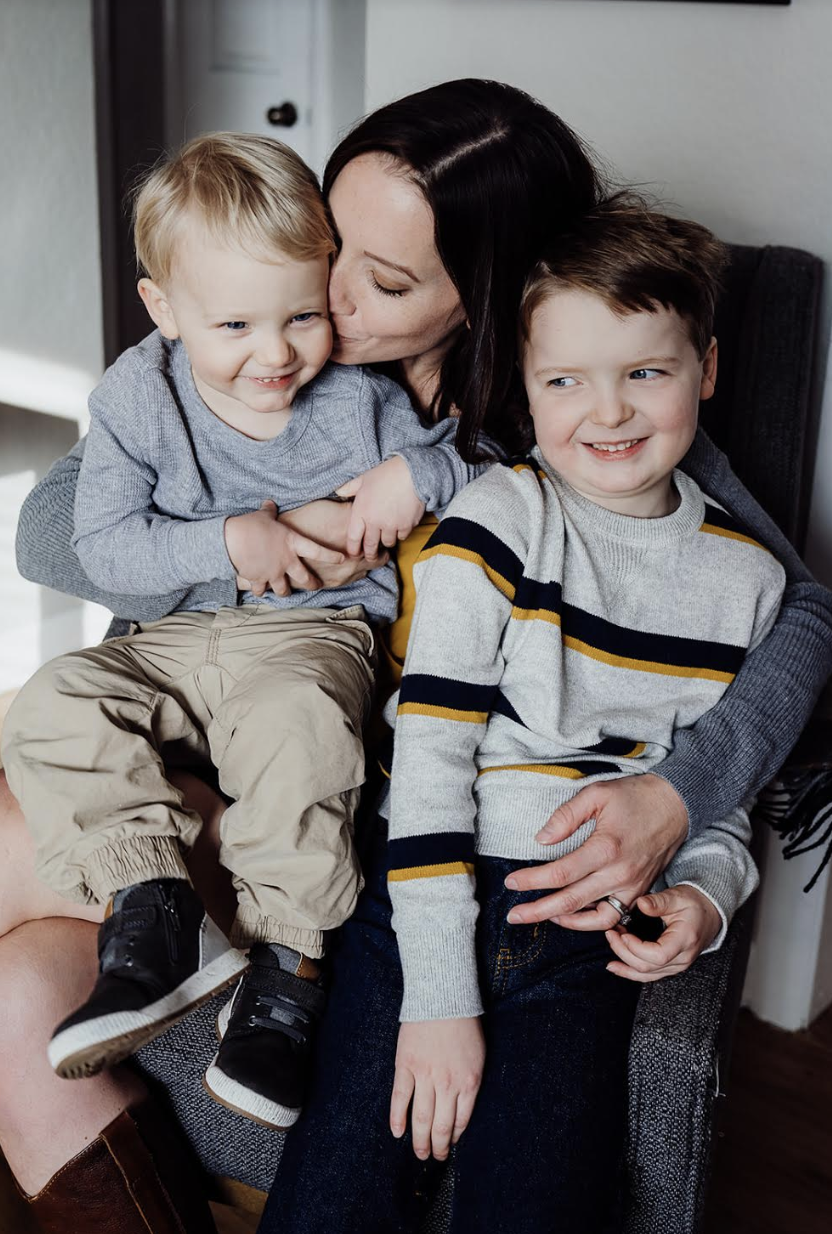About Me
Shannon Gill, IBCLC
Denver Lactation consultant, forensic scientist, and mom.
My passion for lactation and breastfeeding support was born out of my own personal breastfeeding struggles. I am a mom to two spirited little ones and currently reside in Denver, CO. I hold a BA in Forensic Science and have worn many professional hats in my lifetime: medicolegal death investigator, crime scene investigator, and photographer (to name a few). And, in addition to being an International Board Certified Lactation Consultant (IBCLC), I spent years volunteering as a La Leche League Leader. But no career has been more challenging and rewarding to me than motherhood. My unique background allows me to provide lactation support that is deeply compassionate, while also being firmly rooted in science and evidence. In my free time, I enjoy cooking, particularly Sichuan food, drinking all the coffee, skiing, trail running, and traveling.
I am also a proud ‘Trailing Spouse’ in the US Foreign Service. My family has served in multiple domestic assignments, with Denver being our absolute favorite and our soon to be forever home. We have also served overseas in in Hong Kong and Guangzhou, China and recently arrived in Bern, Switzerland for one last hurrah before my spouse’s retirement. I deeply and personally understand the challenge of struggling to feed and care for your baby while overseas being removed from traditional support systems and with limited access to local resources.
Preparing to take the exam to become an IBCLC is a rigorous, demanding, and years-long process. Of the over one thousand first time candidates who sat for the exam when I did, my exam score was the highest worldwide. I build upon this solid knowledge base by seeking out continuing education on a variety of topics. When you work with me, you are guaranteed to have a knowledgeable IBCLC by your side who not only has an incredibly solid baseline understanding of lactation and breastfeeding, but also one who is up-to-date on emerging evidence and best practices.
My Story
Struggling with breastfeeding while stationed overseas
I have a personal interest in babies born with craniofacial differences. My oldest was born with craniosynostosis (the premature fusion of the cranial sutures) and had a late diagnosis and reconstructive surgery at 20 months of age. While we had many layers to our breastfeeding difficulties, I soon realized after his diagnosis that this birth defect played a major role.
When my oldest was born, I thought that the really hard part would be over once he arrived. Boy, was I wrong! His natural birth was glorious, but so much more difficult and longer than expected at 36 hours of labor. It wasn't until he was older that he was diagnosed with craniosynostosis (the premature fusion of cranial sutures) and it became clear in hindsight that the long labor and some of our breastfeeding issues were related to this birth defect.
During pregnancy I had done all the right things to be successful in breastfeeding. I was well informed about the normal course of breastfeeding, had read The Womanly Art of Breastfeeding cover to cover, and attended La Leche League meetings.
“There are only two lasting bequests we can hope to give our children. One of these is roots; the other wings.”
But our breastfeeding challenges were complex. For the first 12 weeks of breastfeeding my son, we battled colic, reflux, around the clock nursing, and complete lack of sleep. I also had massive oversupply and recurrent clogged ducts and mastitis. I felt like I was failing. Failing my son and failing myself as a mother.
I knew this was not normal and that we needed support. My husband was always supportive, but I didn't have my village. I was in a city of over 7 million people, one of the world's most densely populated places, yet I felt completely alone. I decided that I needed to advocate for my son and our breastfeeding relationship.
Because of his around the clock nursing and my massive oversupply, my son was gigantic. He was almost 20 pounds at 12 weeks old. How could I possibly be complaining that breastfeeding was miserable and difficult when I had a baby gaining weight so well? I felt ignored by the doctors and even by the breastfeeding helpers I consulted. I was dismissed with words that still burn to this day: “I’m the expert, and you’re just a mother learning to feed her baby.” I was certain my baby had a tongue tie, but no one believed me. Dead end after dead end.
I decided to reach out to the local La Leche Leader who taught our prenatal breastfeeding class and she invited me over to talk. While she could not solve our problems for us, she showed me kindness in the form of a cup of tea and some Tim Tams. But most of all, she reassured me that I was the expert in my own baby and encouraged me to listen to my intuition. That was what I needed.
Feeling invigorated, I decided to send Dr. Bobby Ghaheri, a leading expert on oral restrictions, an email detailing the issues we were having, along with a few photos of my son's oral anatomy. He promptly responded that he felt my son was severely restricted, and told me that if I could get to Portland, he would fully assess my son. I knew it wouldn't be easy to get the government to authorize and pay for our travel back to the US, but it was a fight I was willing to take on (the government calls this a medical evacuation and it is done when you cannot get local treatment).
Thankfully, the nurse practitioner at the consulate health unit was sympathetic, knew well of our breastfeeding struggles, and trusted my strong insistence that this was the root cause of our issues. Within days, we were on a plane to Seattle (where we are from) and then drove down to Portland the day of his appointment. That quick procedure changed everything for both of us. While it took time and lots of work, eventually all of our issues resolved and breastfeeding soon became the enjoyable relationship I had always hoped it would be.
We met with a wonderful IBCLC in Seattle before we headed back home. She was compassionate and empowered me to keep doing the really hard work I was doing. She also started to ease the emotional pain I’d been through with her kind words and praise of all the hoops I had to jump through to get our issues acknowledged. That validated me and firmly cemented in my mind that a mother's intuition is never wrong. It was her ability to empathize with me, be my cheerleader, and assure me I was the expert in my son that was what I really needed. And she did just that for me. It is the empowerment that she gave me, coupled with the kindness the La Leche League Leader gave me that ignited my passion for compassionate lactation support.
I literally had to fly halfway around the globe to have our breastfeeding issues recognized and for us to receive the care we needed. I had to figure it all out myself, so my mission now is to share what I’ve learned with other US Foreign Service families who want to breastfeed their babies; so that no other family has to struggle without information and support.
From helping connect them with local resources to exploring the medical travel if necessary, I’ll stand side by side with the families I serve until they feel the way I felt when I finally made it to Seattle.
I may have felt alone when my journey began, but everything changed once I found my village. I’d really love to be a part of yours.



